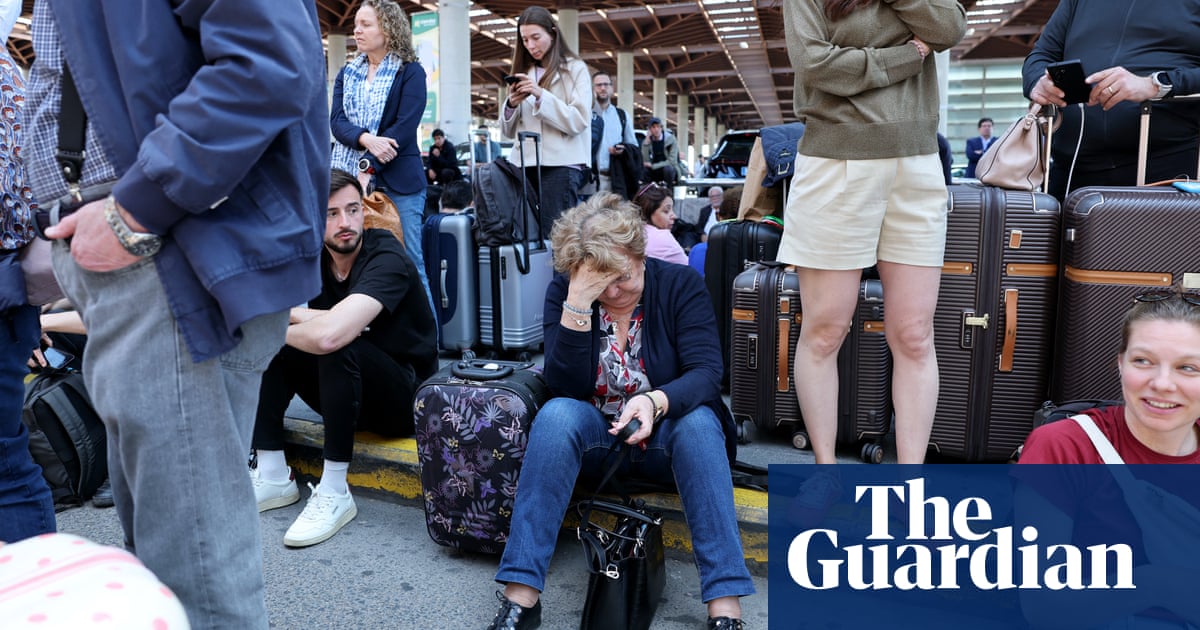Over here, there doesn't seem to be a legal requirement for food shops to have their own back-up generators...I'd expect they do have them, with all the laws around keeping things cold throughout supply chain and the potential losses that'd be incurred from having to replace a whole supermarket of chilled/frozen stock.
It's possible I am wrong and am just assuming too much of them though!
I suppose that big food retail companies might have contracts with electricity suppliers that "guarantee" supply and cover the value of lost stock or cover the cost of renting generators in the event of not meeting the contract to supply. Or they might have contracts with Liquid Air to provide dry ice pellets at short notice...

